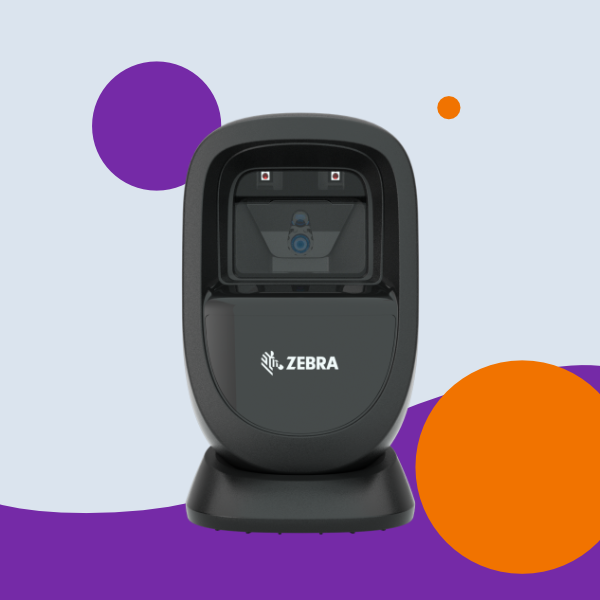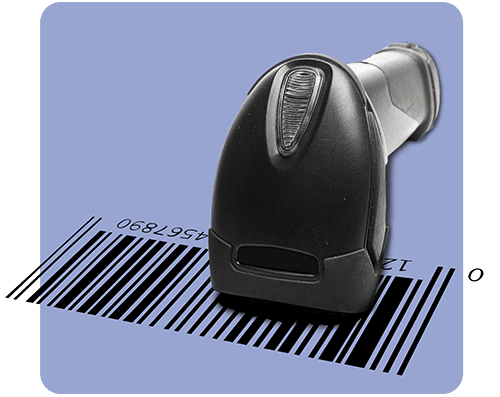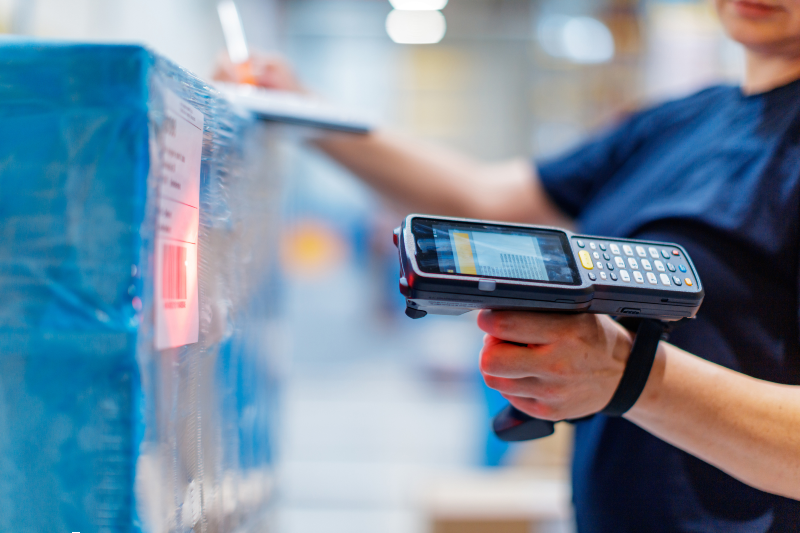Selecting the Right Barcode Scanner for Your Company Demands
Selecting the suitable barcode scanner for your organization needs a nuanced understanding of your specific operational requirements and environmental conditions. Factors such as scanner type, rate, and compatibility with existing systems play a critical function in identifying the right choice. Considerations around toughness, connection, and the complete cost of ownership can considerably affect long-lasting effectiveness. Understanding these aspects is crucial, yet several businesses overlook crucial aspects that could influence their total performance. The following steps in this procedure can make all the difference for your operations.
Recognizing Barcode Scanner Kind
When it pertains to choosing a barcode scanner, understanding the various kinds offered is crucial for conference details service requirements. Barcode scanners can be categorized into several types, each made for different applications and settings.
Handheld scanners are one of the most common, providing mobility and simplicity of use, making them suitable for retail and supply management. They typically connect through USB or Bluetooth, giving adaptability in operation. Fixed-mount scanners, on the various other hand, are created for high-volume scanning applications, typically discovered in setting up lines or checkout counters. These scanners are placed in a stationary placement, enabling for fast scanning of numerous items in succession.
One more kind is the mobile computer system, which combines scanning capabilities with computing power. These tools are optimal for area procedures or storage facility management, enabling information collection and real-time inventory monitoring. Additionally, there are industrial scanners that are constructed to endure rough environments, such as extreme temperature levels or exposure to dust and wetness.

Trick Functions to Take Into Consideration
What important features should companies prioritize when choosing a barcode scanner? Scanning speed is crucial, as faster scanners improve functional performance, especially in high-volume environments. The scanner's capability to check out different barcode layouts is also vital; guarantee it sustains prominent types like QR codes, UPC, and Code 128 to accommodate diverse inventory things.
Resilience is another vital attribute, especially for services in tough settings. Search for models that are built to hold up against declines, dirt, and moisture. Additionally, consider the connection choices available; whether you prefer USB, Bluetooth, or Wi-Fi, the right connection can improve assimilation with existing systems.

Examining Your Service Environment
To successfully choose a barcode scanner, services have to analyze their details functional environment. This evaluation consists of assessing the physical design of the workspace, the nature of the products being scanned, and the regular problems under which scanning occurs. A retail setting may need portable scanners that can promptly refine transactions at the checkout, while a storage facility setup could benefit from ruggedized scanners developed to withstand harsher problems.
In addition, consider the volume of scanning required. High-throughput atmospheres might necessitate sophisticated scanning innovations, such as fixed-position scanners or mobile phones that can run successfully in busy circumstances. The integration abilities with existing stock administration systems likewise play a critical duty; ensure the selected scanner can flawlessly attach with software program systems in usage.
Moreover, examine the capacity for growth and scalability. A scanner that meets present demands could not suffice as service expands. By extensively assessing these variables, services can pick a barcode scanner that not just satisfies prompt needs but likewise sustains long-term functional performance and versatility. This strategic technique ultimately adds to smoother procedures and boosted performance.
Budgeting for Your Scanner
Having actually examined the functional setting and recognized the specific demands for a barcode scanner, the next action involves cautious budgeting to make sure a smart find more monetary investment. Establishing a budget begins with establishing the overall costs connected with the scanner, consisting of preliminary purchase rate, operational expenses, and prospective upkeep charges.
When choosing a barcode scanner, take into consideration the series of available choices, from handheld tools to fixed-position scanners, as prices can vary significantly. It is important to balance cost with performance; choosing a much more cost effective model may result in raised operational ineffectiveness if it does not satisfy your organization demands.
Along with the equipment, consider prices related to software program, training, and prospective upgrades. While it could be tempting to decrease in advance expense, spending in a high quality scanner that lines up with your operational requirements can generate long-lasting savings through improved effectiveness and minimized downtime.
Last but not least, think about the total expense of possession, which incorporates the scanner's life expectancy and potential resale value. By thoroughly intending your spending plan, you can make sure that your financial investment in a barcode scanner will certainly boost your operational productivity and financial efficiency.
Combination With Existing Equipment
Integrating a barcode scanner with your existing systems is vital for optimizing its efficiency and making certain seamless operations. barcodes scanners. A well-integrated scanner boosts operations performance, reduces errors, and accelerates information processing. When picking a barcode scanner, take into consideration compatibility with your present software application and hardware facilities, including your stock monitoring systems, point-of-sale (POS) great post to read systems, and enterprise source preparation (ERP) services
Assess whether the scanner utilizes basic protocols such as USB, Bluetooth, or Wi-Fi, which can promote easy integration. Furthermore, analyze whether the scanner's software program supplies APIs or SDKs that permit modification and assimilation with exclusive systems. This is specifically vital for organizations with unique functional demands.
As your business grows, your systems should be able to accommodate additional scanners and take care of raised information volumes without considerable reconfiguration. Ultimately, investing in a barcode scanner that effortlessly integrates with your existing systems will certainly produce long-term benefits, improving precision, performance, and overall performance Continue within your operations.

Final Thought
Finally, choosing a suitable barcode scanner requires an extensive examination of various factors, consisting of scanner types, important attributes, and the certain business setting. Correct budgeting for both acquisition and functional costs is important, alongside making certain compatibility with existing systems. By thoroughly thinking about these aspects, companies can improve performance and productivity, inevitably leading to enhanced operational end results. The ideal barcode scanner functions as an important device in improving processes and facilitating reliable inventory monitoring.